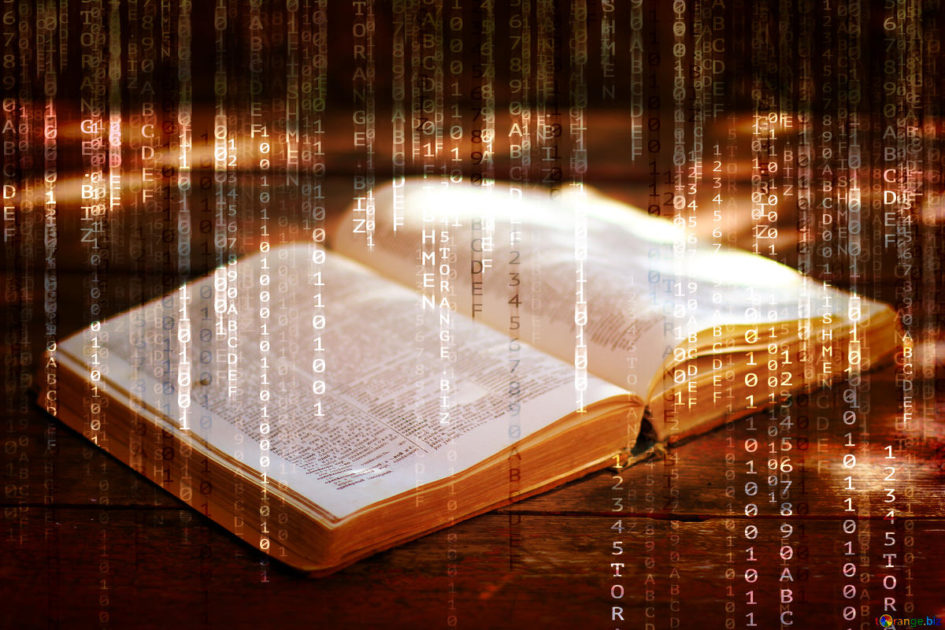On Friday, 24 January 2020 I sent out a tweet.
Here is a selection of responses.
Some put forward key names, @datakid23 suggesting anything by Melissa Terras, @meredithcastles pointing me toward Hamish Maxwell-Stewart, Paul Turnbull, and Mike Twidale, @roaminglibrary flagging the work of Tim Sherratt, @1n9r1d linking to the work of Sarah Kenderdine and for @ErikEklund10: “Anything by the late great Roy Rosenzweig.”
People recommended chapters from the excellent Debates in the Digital Humanities series: @DrJessC chose Stephen Robertson’s ‘The Differences between Digital Humanities and Digital History‘ (a great suggestion for Honours and Masters history students); @KatherineBode selected Tara McPherson’s ‘Why Are the Digital Humanities So White? or Thinking the Histories of Race and Computation‘; and @melissaterras flagged their chapter (with Julianne Nyhan) on ‘Father Busa’s Female Punchcard Operatives‘.
There were key figures from the history of computing—Ada Lovelace and Alan Turing (@tmtn), and Jaisa Reichardt (@feraldata)—and key moments, particularly Douglas Engelbart’s ‘Mother of all demos‘ from 1968 (@gravitron) which generated quite a bit of discussion. The digital humanities has its own history too, explored by Nyhan and and Andrew Flinn in Computation and the Humanities: Towards an Oral History of the Digital Humanities (recommended by @melissaterras).
@FCTweedie had their “mind bent (in good ways)” by the work of Natasha Maunther, @Marnie_HW recommended Beatrice Fazi’s Contingent Computation and @gravitron suggested Judy Wajcman’s Feminism Confronts Technology, further expanding my growing list of things I want to read. (The last of these was prompted by next week’s talk by Wajcman at ANU. For those in Canberra, I’ll see you there!)
Not surprisingly, given the circles I move in, there were some GLAM suggestions, including Nancy Proctor’s ‘Museum as Platform, Curator as Champion‘ (@trumpote) and the recent monster anthology The Routledge International Handbook of New Digital Practices in Galleries, Libraries, Archives, Museums and Heritage Sites (@drkeir).
On the practical side there was @mharropesquire with the indispensable Programming Historian and @datakid23 with Fiona Tweedie’s post on Python and Natural Language ToolKit (NLTK) —a clear and concise introduction for historians wondering how to take their first steps into text analysis.
And there were projects, @1n9r1d voting for Te Ara, Living with machines, Play It Again, and Tim Sherratt’s GLAM Workbench; and @mishtory suggesting the powerful Colonial Frontiers Massacres Map.
For my part, there are so many others who could be listed alongside these, including anthologies for digital historians like Writing History in the Digital Age and the work of Bethany Nowviskie, Thomas Padilla, Miriam Posner, Roopika Risam, and Deb Verhoeven.
Thank you to everyone for their suggestions. And if you have more you would like to add, you can keep the conversation going in the comments here, or on Twitter: @MikeJonesPhD.


Leave a Reply